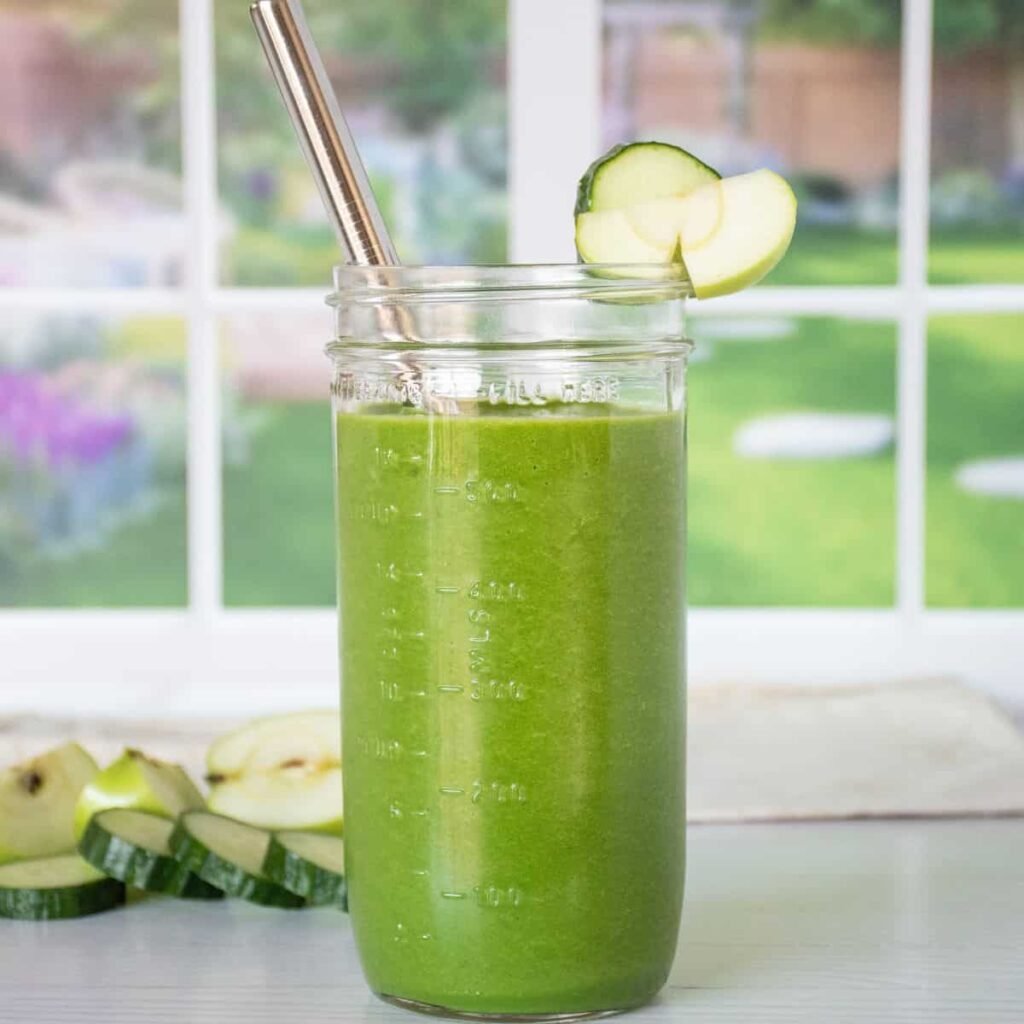Nutrition
Prawns fried rice

Prawn fried rice
Ingredients
250g long-grain brown rice
150g frozen peas
100g mange tout
1½ tablespoonful rapeseed oil
1 onion, finely chopped
2 garlic cloves, crushed
Thumb-sized piece of ginger, finely grated
150g raw king prawns
3 medium eggs, beaten
2 teaspoonfuls of sesame seeds
1 tablespoonful of low-salt soy sauce
½ tablespoonful rice or white wine vinegar
4 spring onions, trimmed and sliced
Method
STEP 1
Cook the rice following pack instructions. Boil a separate pan of water and blanch the peas and mange tout for one min, then drain and set aside with the rice.
STEP 2
Meanwhile, heat the oil in a large non-stick frying pan or wok over a medium heat and fry the onion for 10 mins or until golden brown. Add the garlic and ginger and fry for a further minute. Tip in the blanched vegetables and fry for five mins, then the prawns and fry for additional two mins. Add the rice to the vegetables, give it a good, and push everything to one side of the pan. Pour the beaten eggs into the empty side of the pan and stir to scramble them. Fold everything together with the sesame seeds, soy and vinegar, then finish with the spring onions scattered over.
Nutrition
Palm nut soup

Palm nut soup is a Ghanaian dish that can be served with so many foods. It has a rich base of palm nuts combined with tomatoes and various vegetables that makes it very nutritious.
Preparation
Ingredients
– 1 kilogramme of palm nut
– Half kilogramme of beef
-One kilogramme of goat meat
-Three large salmon
-One full tuna
– A handful of turkey berries
-Two large onions
-4 large tomatoes
-3 large garden eggs
– One tin of mackerel
-Ten large peppers
– One large ginger
-2 cloves of garlic
– Four fingers of okro
– Salt to taste
Instructions
-Wash, cook palm nut, turkey berries, and pepper and add salt to it.
-Grind palm nut, turkey berries and pepper with mortar and pestle or mini food processor.
-Wash goat meat, beef, Tuna, salt and put on fire.
– Blend onion, garlic, ginger and tomatoes and pour on the goat meat.
– Add smoked tuna and salmon and okro to the soup.
-Use a spoon or ladle to skim off the surface oil.
-Garnish the soup with the okro or garden eggs as desired.
-Serve with fufu, banku or Omo tuo.
Nutrition
Cucumber and apple smoothie

Ingredients
-Two medium sized cucumber
-Three apples
-Four tablespoonful of honey
-Crushed ice
-Two cups of yoghurt
-One tablespoonful of blended ginger
– One tablespoonful of celery and mint
Preparation

-Wash and slice cucumber, apple into smaller sizes
-Blend until it is smooth
-Add honey and a little water to it
-Add crushed ice and yoghurt
-Blend it till you achieve your desired texture
– Then serve







